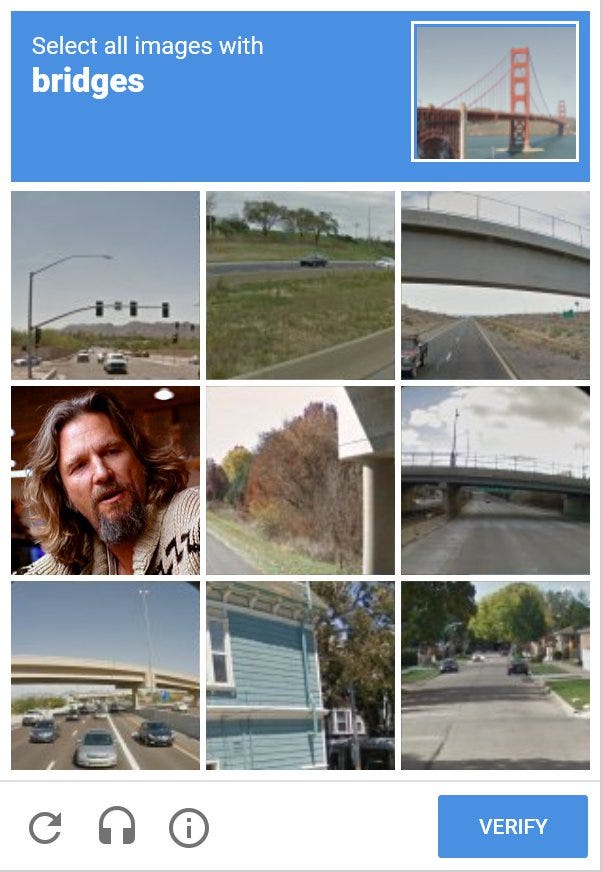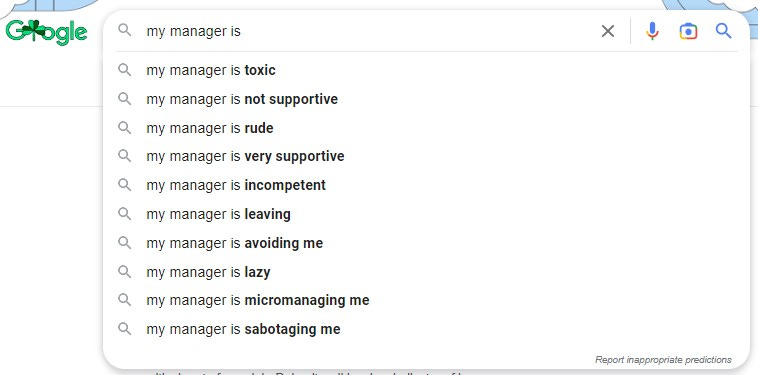Will your next boss be a robot?
Many of us are already working for machines, we're just not aware of it.
Robot dentist as drawn by DALL-E.
I was on LinkedIn the other day and ran across the profile of an old friend and former work colleague. We've both been in the editorial game a loooong time (though she, at least, doesn't look it) and I was intrigued by her most recent job title: Conversation Designer.
At many points throughout my life, I wish I'd had a Conversation Designer. Someone who could step in at the appropriate moment and say, "Dan, don't say that. At least, don't say it that way." Imagine how many more friendships and/or clients I might still have right now.
So I asked her, what is a Conversation Designer? And we had an undesigned conversation about it.
She works for a large multinational firm in a highly regulated industry, and wishes for her name and her employer to remain anonymous, so let’s just call her Becky.
Becky teaches customer service chatbots how to chat. Her job is to anticipate where a conversation might be headed and come up with suitable responses, which then get translated into software code the chatbot can understand. Sometimes the questions are easy: What's my account number? I lost my password, how can I log back in? Sometimes the questions are more complex, with multiple potential forks and the need for human intervention. [1]
Essentially, she's the human Henry Higgins to the digital Eliza Doolittle. [2]
This is not actually how I imagined chatbots work. Though her company does use large language models to help generate some dialog, it's all still very pre-ChatGPT. So I asked Becky if she thought that a robot would eventually replace her. Her answer:
"I was told from the beginning that we're handwriting every conversation, but five years from now, people like me will be writing about 50 percent of a conversation and the rest will be the result of machine learning."
When were you told that? I asked.
"Five years ago."
Why only 50 percent? Because, as noted above, Becky works in a highly regulated industry. A closely watched multinational firm does not want its chatbots recommending customers divorce their spouses and run away with them, for example, or start spewing Nazi propaganda. The content the model generates will always need to be curated by a human. For that reason, she doesn't think its chatbots will ever go full AI.
The fact is, all of us are a little like Becky, even if we don't know it. While AI is supposed to be working for us, we're also working for it, by training it to be (or at least seem) more human.
For example: One of my former clients is an AI firm that specializes in medical imagery. Specifically, it built an image recognition model that could examine dental x-rays to identify cavities and other Bad Mouth Things. How did they do it? They hired teams of dentists to teach the ML model what a cavity (or other Bad Mouth Thing) looks like.
(There is also an autonomous robot named Yomi that does dental implants. You may now feel free to freak out a little bit.)
You know those CAPTCHA tests that require you to identify all the traffic lights/crosswalks/vehicles in a 3x3 or 4x4 grid to prove that you're not a robot? If you've ever filled one out (and unless you've been in a coma for 10 years, you've probably filled out hundreds) you've been unwittingly training a machine learning model for self-driving cars. No joke.
The CAPTCHA abides. Source: Reddit.
Surely you've heard the phrase, "This call is being recorded for quality assurance." Well, maybe. But at least some of these calls are also used to train AI to recognize words as spoken by humans. And now they're being used to help AI models recognize the emotions we reveal via our tone of voice, and respond appropriately.
Dentists have better things to do than spend big chunks of their days looking at x-rays. We want our self-driving cars to be able to correctly identify traffic lights, crosswalks, and vehicles 100 percent of the time (they actually do a much better job than humans at that). We like it when Alexa or Siri understand us the first time we say something. More than that, we pretty much expect it. [3]
And before long, your personal robot assistant will be listening to you after a hard day and say something like, "You seem a bit stressed, Dan. Shall I play some soothing music for you?"
In these and other ways, we've all been working for the robots for quite a while. And some of us will literally be paid to serve some form of AI. If the idea that a lifeless piece of code will one day be your boss strikes you as absurd, I have some news for you. Seven years ago, Harvard Business Review ran an article debating the pros and cons of having a robot for a boss. Gartner predicts that by 2030, many middle managers will be replaced by algorithms. It's gonna happen.
It's not like humans are doing all that good a job of managing people. Type "my manager is" into Google's search bar, and watch what it comes up with.
Having had crappy managers (and having occasionally been one), the idea of being told what to do by something that is consistent, predictable, and never has a bad hair day… has a certain appeal.
I, for one, welcome our new robot overseers.
Would you work for a robot boss? Email me (crankyolddan AT gmail.com) and let me know your salary demands.
[1] And, if the chatbot has the unfortunate job of conversing with me, how to respond politely when the customer starts cursing like a dock worker.
[2] By George, I think she's got it!
[3] Though it would have been nice if the companies doing this had been more upfront about it. At least the dentists got paid.







Thank you for including Jeff Bridges in your array. I love him, and he’s had a hard couple of years.
Typical Dan. Already silver-nosing the next boss.